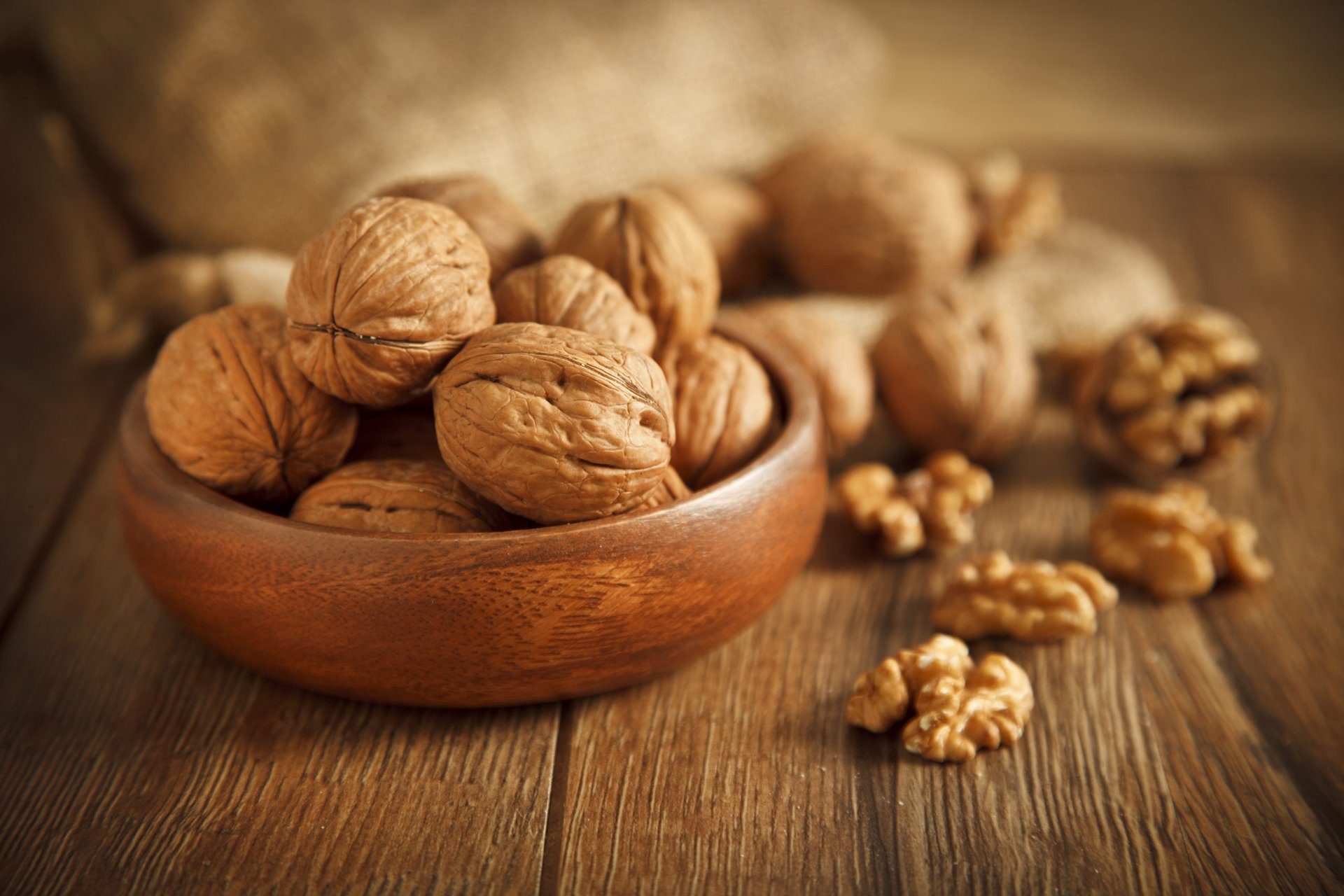
Most Americans want to add more antioxidants to their regular diet, but according to a new survey, they don’t know where to get them or what they’re good for.
Released on Nov. 1, the latest research from juice company Bossa Nova found that:
- 32 percent of consumers think blueberries have more antioxidants than acai berries
- 25 percent think acai juice helps with weight loss (It doesn’t)
- 15 percent simply don’t know which fruits are high in antioxidants
Acai berries have been the poster child of antioxidants for a few years, and most of these misconceptions can be attributed to bad-faith marketing from diet and beauty companies looking to prey on consumer ignorance. This article from The New York Times shows the lies about acai, which has been pitched as a miracle fruit that can do everything from removing wrinkles to shedding pounds. Others even claim it can cure cancer – that’s probably not true either, although antioxidants may help in preventing or slowing cancer.
Supplements, drinks, and special remedies touting antioxidants like acai abound – and they aren’t cheap. But few people are bothering to explain what antioxidants are, what they’re good for, or that – surprise! – you can get them from foods you already eat, and not just fruits.
The truth is, “antioxidant” is a catch-all buzz word popularized by marketers. They’re really a group of vitamins and minerals we’ve always considered part of a common-sense diet, including:
- Vitamin A
- Vitamin C
- Vitamin E
- Selenium
But while these all have an antioxidant function, they all do different things, too. So it’s important to have a diverse diet. You could eat all the acai berries in the world and still get scurvy from a Vitamin C deficiency. So eat some oranges, too.
What antioxidants actually do is pretty simple: They limit oxidation. You already know what that is, even if you don’t realize it. Oxidation is what causes rust, and it can have a similarly damaging effect on the body over time. The thing is, oxidation is a natural process, and happens to us all the time – for example, whenever we breathe or when we exercise. Our bodies can naturally handle a certain amount of oxidation, so the goal of antioxidants isn’t to stop the process, but to keep it from getting out of hand.
Lots of things cause excessive oxidation: smoking and excessive tanning are a couple of examples. So you’ll be healthier if you cut them out – but, of course, you already knew that. A lot about antioxidants is just re-branded common sense sold to you at premium prices. Processed foods that claim to be “fortified with antioxidants” often have too little antioxidant value to bother with, while straight antioxidant supplements are usually overkill. Both are usually an unnecessary expense, and you can get all the antioxidants you need from these 10 whole foods:
- Beans (especially red)
- Berries (especially blue)
- Tomatoes
- Broccoli
- Spinach
- Whole grains (bread, cereal)
- Garlic
- Dark chocolate
- Spices (especially oregano)
- Nuts (especially walnuts)
There are a few drinks rich in antioxidants, too — red wine, fruit juices, and tea. And for more antioxidants that might better fit your diet, check out lists on these sites:
Aside from the obvious and immediate benefit of not wasting money on supplements, you’ll save money in the long-term from a healthier diet that keeps down medical costs.




Add a Comment
Our Policy: We welcome relevant and respectful comments in order to foster healthy and informative discussions. All other comments may be removed. Comments with links are automatically held for moderation.